A second, pre-release version of iPhone OS 4.0 has been released to developers building apps designed for the new system, just weeks after Apple announced the initial beta.
The new beta of the upcoming 4.0 reference release includes "significant API additions" as well as a new tool that makes it easy to provision a device for development, developers familiar with the new software report.
The new APIs largely flesh out the new multitasking and background processing features related to audio, VoIP telephony, location services, and Task Completion. Apps can now request a ten minute period to complete a task, up from an initial five minutes.
The new build also includes a new animation effect in the multitasking user interface, which swipes the current app out of view to reveal the app the user chooses (below, from the Italian iPhoneHacks.it).
Improvements to GameKit (publicly branded as Game Center) and expanded support for Internet mail features are also rolled into the new release, as well as support for LLVM-GCC and Clang LLVM as new compiler options for iPhone development.
------
Gizmodo has posted teardown pictures and analysis of the iPhone 4G prototype they obtained.
There are a number of interesting facts gained from the dissection, the most important of which is more concrete confirmation (as if we needed any more) that this phone is from Apple. There are three separate places, inside the case, where APPLE is written prominently. Upon unscrewing the bottom two screws—just like with the 3GS—you can use a suction cup and pry off the back portion of the phone, not the front like on iFixit's 3GS teardown.
Take a look at a couple pics below for more...

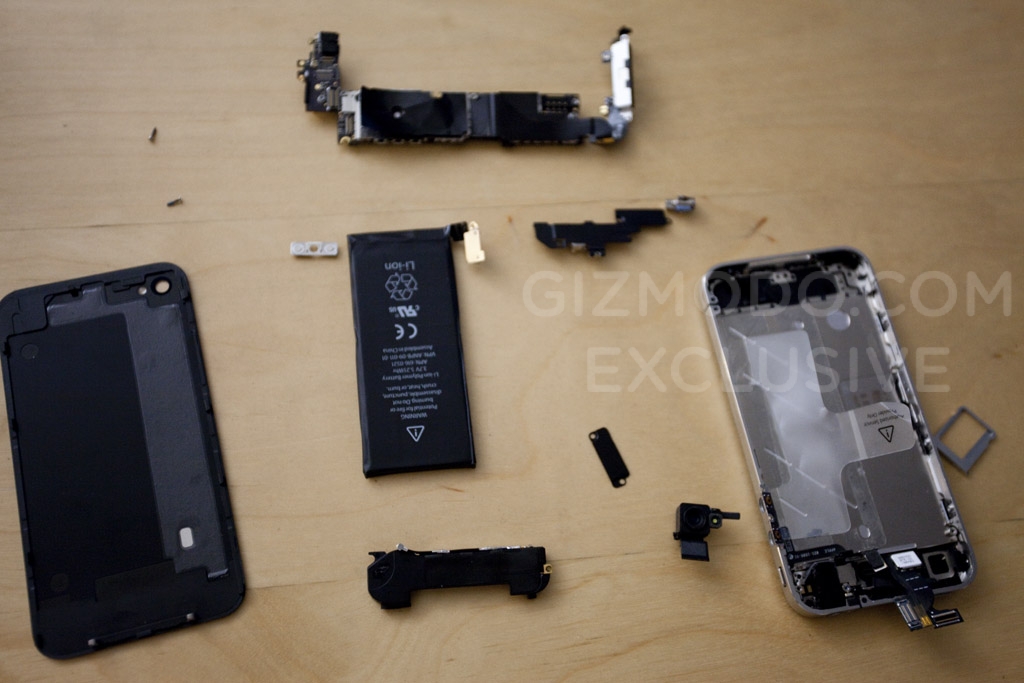
------
Apple seems to have recently published a knowledge base article that strongly cautions users against jailbreaking their iPhone, iPad or iPod Touch.
In the knowledge base article, Apple warns users that such ‘unauthorized modification of iPhone OS has been a major source of instability, disruption of services, and other issues’.
According to Apple, jailbreaking iPhone OS could cause the following issues:
Device and application instability: Frequent and unexpected crashes of the device, crashes and freezes of built-in apps and third-party apps, and loss of data.
Unreliable voice and data: Dropped calls, slow or unreliable data connections, and delayed or inaccurate location data.
Disruption of services: Services such as Visual Voicemail, YouTube, Weather, and Stocks have been disrupted or no longer work on the device. Additionally, third-party apps that use the Apple Push Notification Service have had difficulty receiving notifications or received notifications that were intended for a different hacked device. Other push-based services such as MobileMe and Exchange have experienced problems synchronizing data with their respective servers.
Compromised security: Security compromises have been introduced by these modifications that could allow hackers to steal personal information, damage the device, attack the wireless network, or introduce malware or viruses.
Shortened battery life: The hacked software has caused an accelerated battery drain that shortens the operation of an iPhone, iPad, or iPod touch on a single battery charge.
Inability to apply future software updates: Some unauthorized modifications have caused damage to the iPhone OS that is not repairable. This can result in the hacked iPhone, iPad, or iPod touch becoming permanently inoperable when a future Apple-supplied iPhone OS update is installed.
For the 2009 rulemaking, Electronic Frontier Foundation (EFF) had filed an exemption request with the U.S. Copyright Office to the Digital Millennium Copyright Act (DMCA) related to iPhone jailbreaking.
But Apple had informed the Copyright Office that the exception request by Electronic Frontier Foundation (EFF) was not acceptable as the very act of jailbreaking the iPhone results in copyright infringement.
EFF's argument is that jailbreaking iPhone is protected under fair-use doctrines, and that the Copyright Office should grant an exemption because "the culture of tinkering (or hacking, if you prefer) is an important part of our innovation economy."
The ruling on the DMCA exemption is still pending and could be handed down at any time.


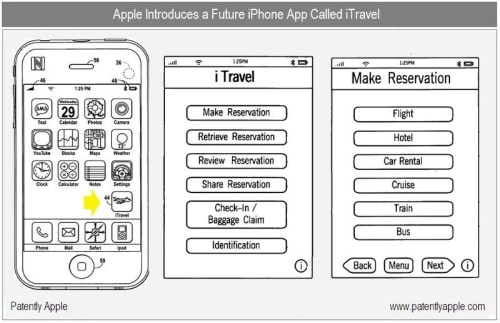
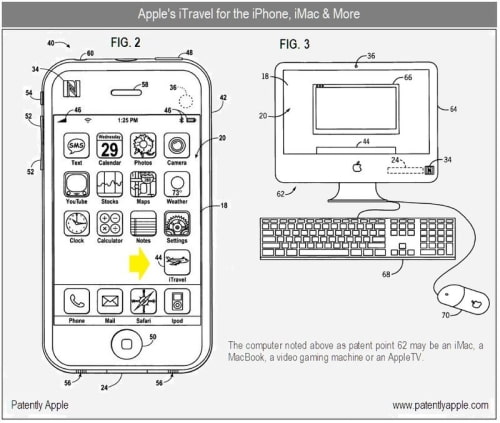
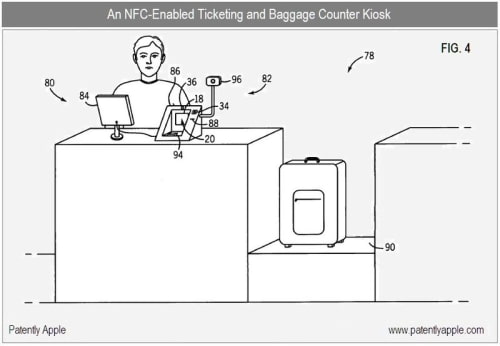
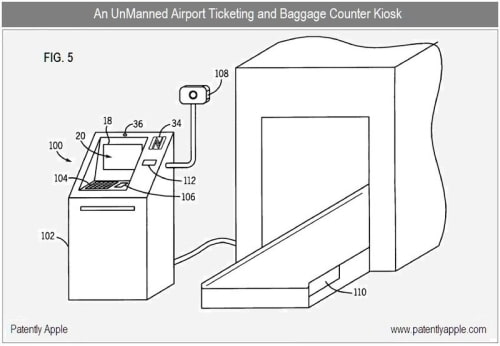
i was reading it on my phone so i just browsed it thru. U hadda do any major patching?
